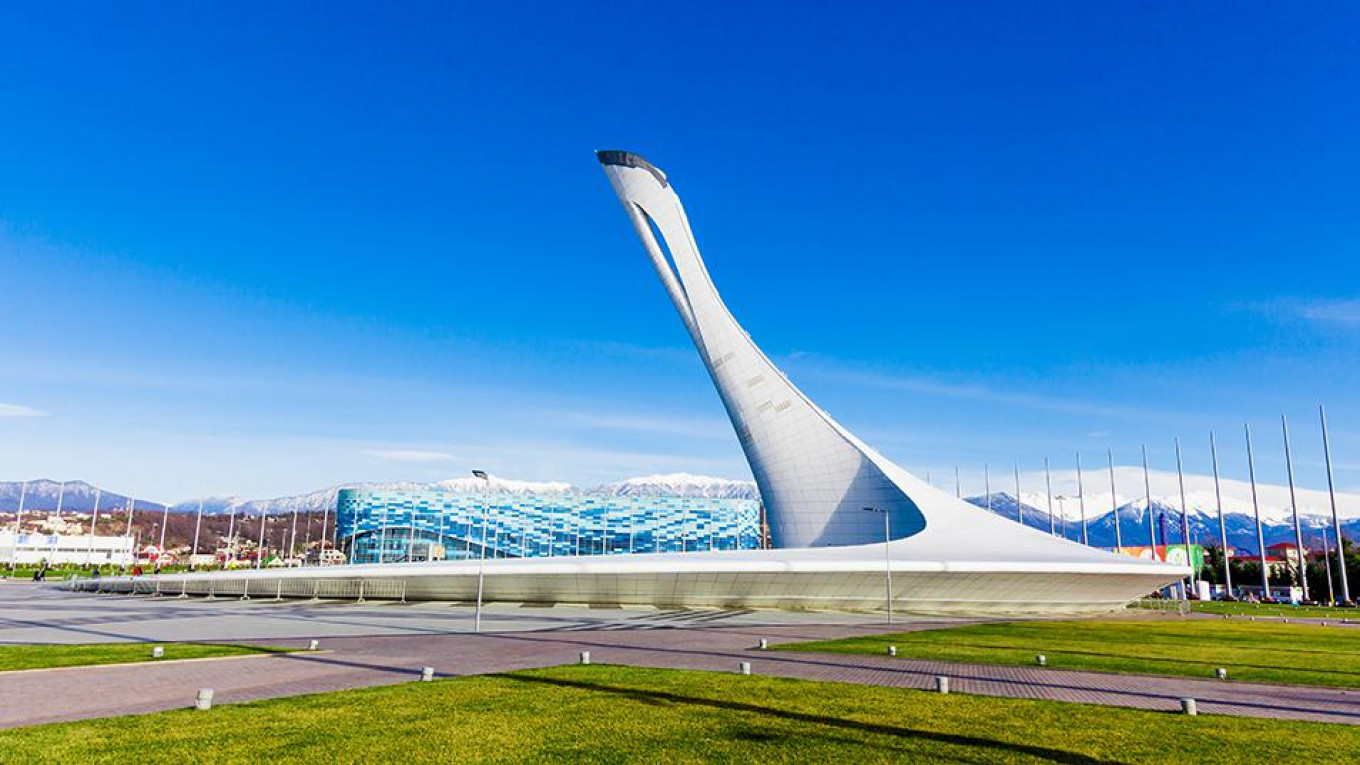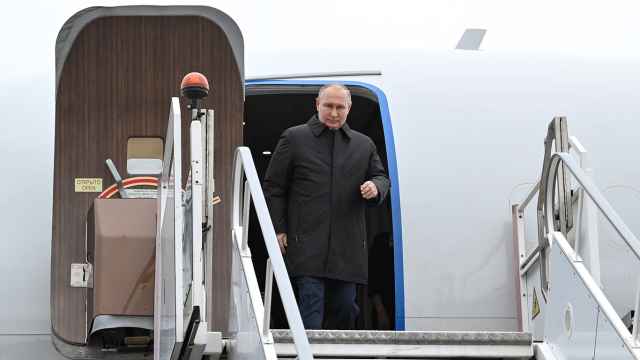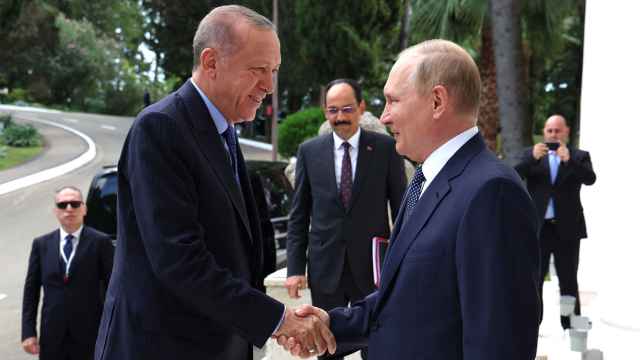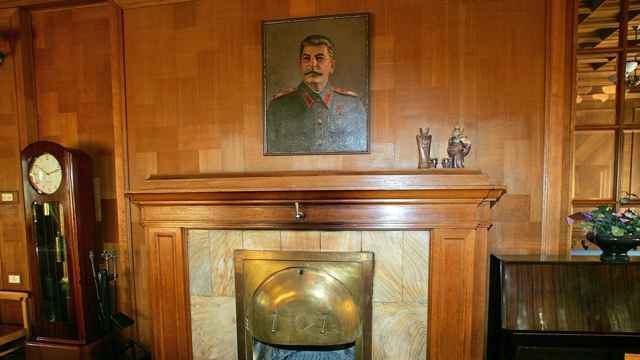Sochi officially became a city just a century ago, although its exact origins are unknown. Archaeologists have found traces of the earliest human settlements in the area that date back to the Stone Age. The first recorded mentions of the region were in the 6th century B.C. by the ancient Greeks, who described the region’s people, Geniokhs, as “ferocious pirates.” A local legend claims that Prometheus, the hero of Greek myths, was chained to a rock near today’s Sochi.
In the early years of the first millennium, the territory was colonized by the Romans, but few records remain from that time. Then came the age of the Byzantine Empire and Christianity. The Byzantines built fortresses and churches, some of whose ruins still survive to this day. As a result, there is a considerable Greek minority that still lives in the area.
From the 7th to 11th centuries A.D., the area was influenced by the neighboring kingdoms of Abkhazia and Georgia. Genoa established several trading posts here in the Middle Ages, including Costa, which gave its name to today’s Khosta, a city district of Sochi.
The first time the name “Sochi” was mentioned was in the records of the Turkish traveler and statesman Evliya Chelebi, who visited the Black Sea shore in 1641, but the name refers to the mountains, not the settlement.
The Ottoman Empire took control of the area in the 15th century, spreading Islam along Russia’s southern border. The tension between the two countries led to several wars. As a result of the 1828-29 war, the Russian Empire gained control over the coveted Black Sea shore.
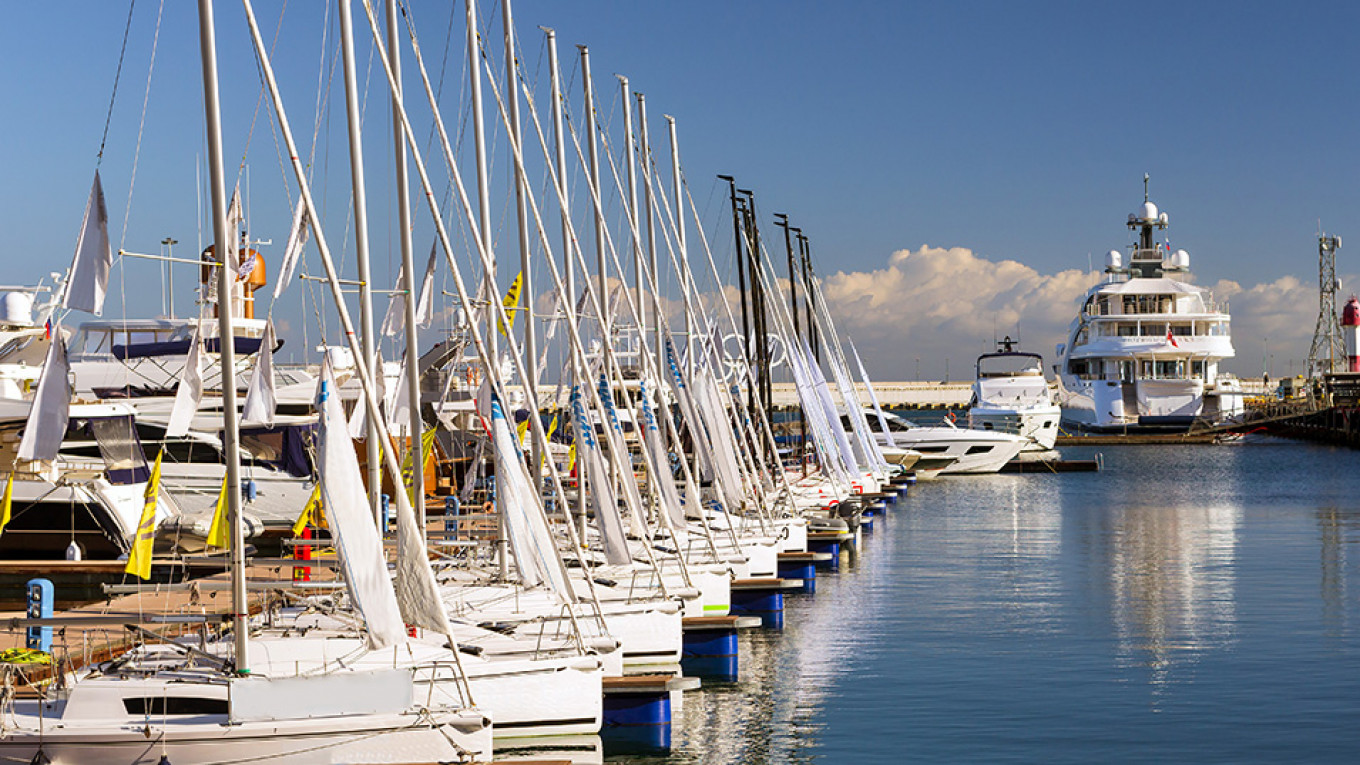
However, the region remained restless because of ongoing war in the nearby Caucasus, which lasted for almost half a century and ended only in 1864. The result of the war was the forced relocation of the native population to the lowlands of Russia or migration to the Ottoman Empire.
At this time, the contemporary Sochi area was settled by people from all over the Russian Empire and at the end of the 19th century, Sochi started to resemble a resort. Wealthy residents of St. Petersburg built their dachas, villas and palaces here, and several parks and gardens were planted, including the famous Arboretum. In 1902, Sochi got its first wellness center: Matsesta. People started calling Sochi the “Caucasus Riviera.”
In 1917, Sochi was officially recognized as a city and in 1934 a great construction drive began after Soviet leader Josef Stalin built his summer residence there. The Communist Party nomenklatura followed suit and Sochi rapidly became the top resort in the Soviet Union.
By the late 1980s, around 5 million people visited Sochi every year and it had 200 spa and wellness facilities. Vacationing in Sochi was a sign of status in the Soviet Union, a perk given only to the best workers. Holiday packages were almost completely free — companies paid for travel, as well as room and board.
After the collapse of the Soviet Union, Russians began to travel more to foreign holiday destinations; Sochi’s popularity declined and its infrastructure fell into disrepair. However, 2007 was a game-changer for the city, as it was chosen to host the 2014 Winter Olympics, ensuring that enormous amounts of money would be poured into the city.
Apart from the majestic Olympic Park in nearby Adler, a dazzling number of hotels were built both at the seashore and up in the mountains. The Rosa Khutor ski resort was completely overhauled and today wouldn’t look out of place in the Swiss Alps. The Lastochka (the bird “swallow” in Russian) high-speed train was launched, which connects Rosa Khutor to central Sochi.
A Message from The Moscow Times:
Dear readers,
We are facing unprecedented challenges. Russia's Prosecutor General's Office has designated The Moscow Times as an "undesirable" organization, criminalizing our work and putting our staff at risk of prosecution. This follows our earlier unjust labeling as a "foreign agent."
These actions are direct attempts to silence independent journalism in Russia. The authorities claim our work "discredits the decisions of the Russian leadership." We see things differently: we strive to provide accurate, unbiased reporting on Russia.
We, the journalists of The Moscow Times, refuse to be silenced. But to continue our work, we need your help.
Your support, no matter how small, makes a world of difference. If you can, please support us monthly starting from just $2. It's quick to set up, and every contribution makes a significant impact.
By supporting The Moscow Times, you're defending open, independent journalism in the face of repression. Thank you for standing with us.
Remind me later.


